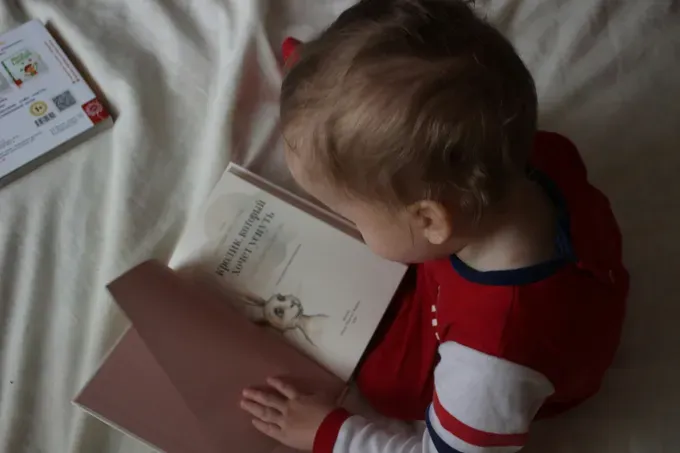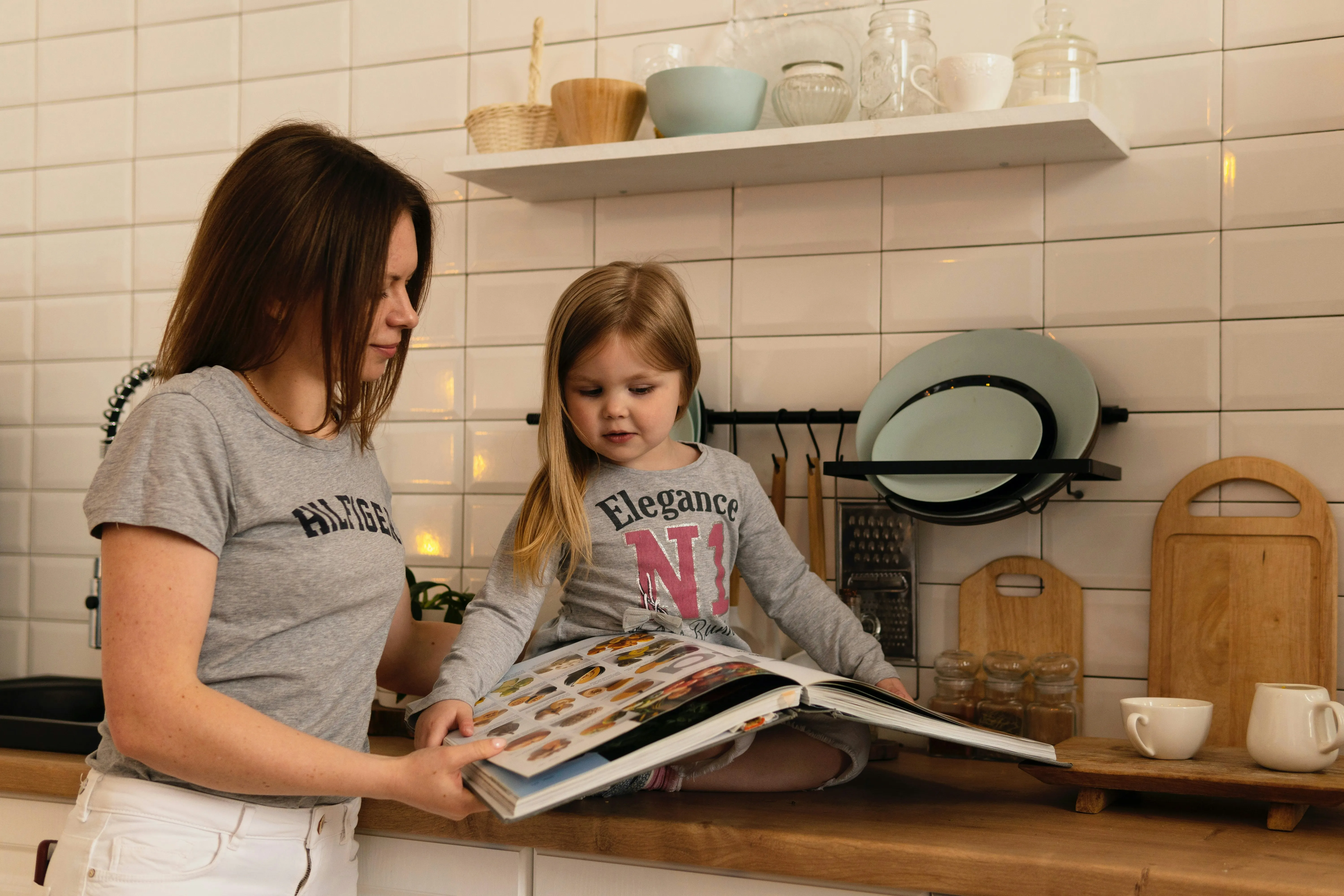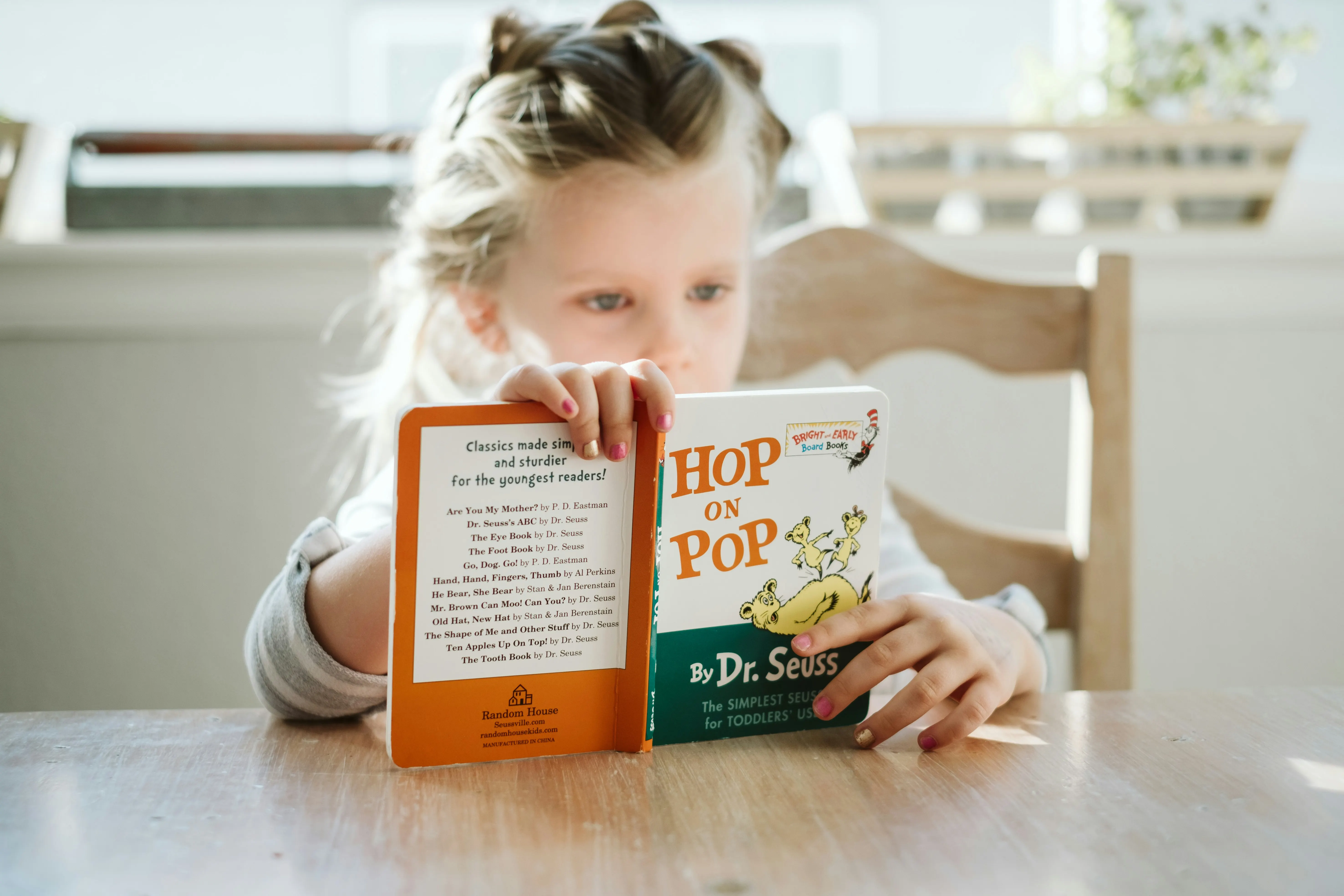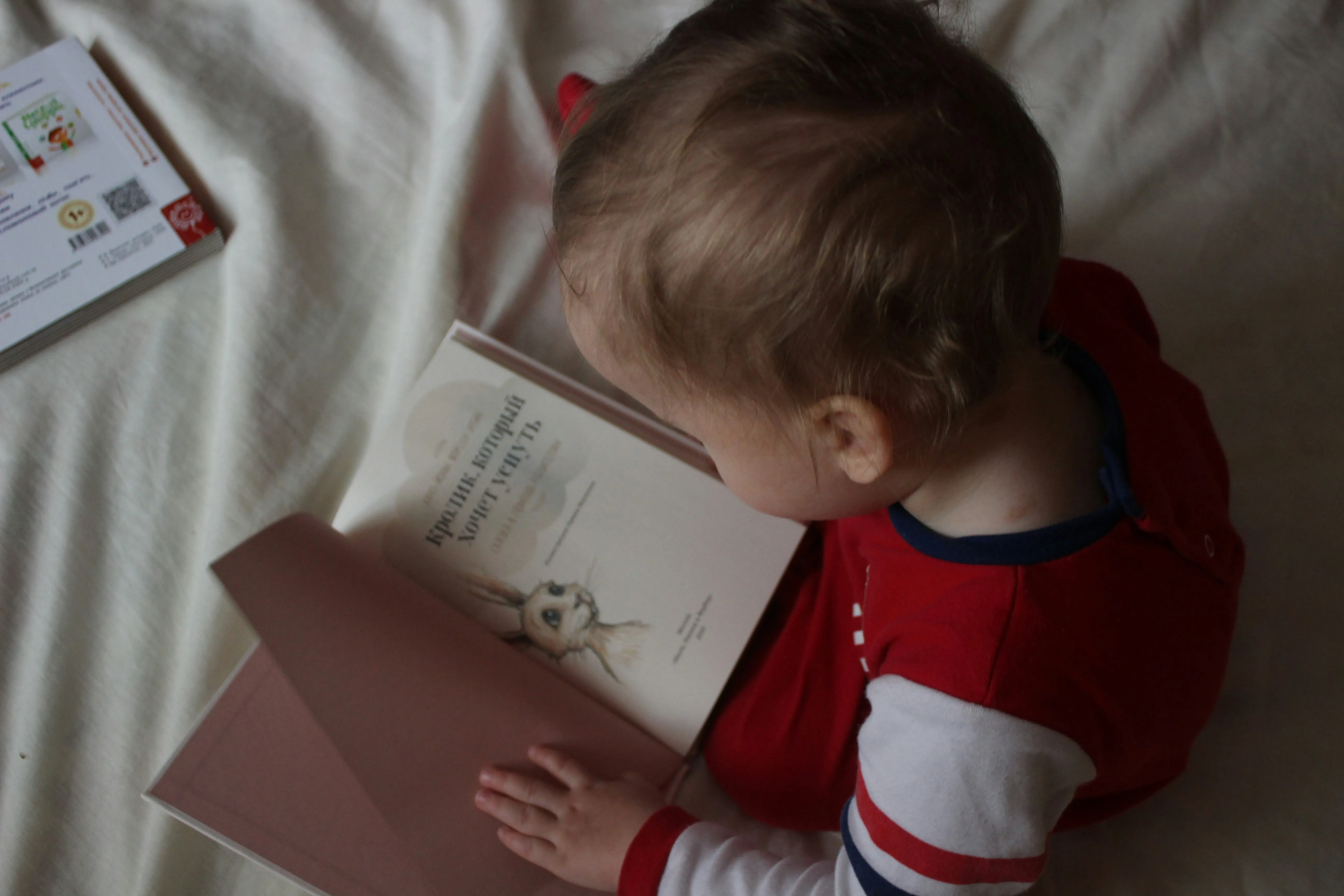Bonding Before Birth: Ignite Your Child's Love for Learning through Prenatal Wellness
Cultivate a Love for Learning with Prenatal Wellness
Key Highlights
- Discover the profound impact of prenatal wellness on a child's future learning abilities.
- Explore the significance of early emotional bonds and how they shape a child's development.
- Learn about the role of nutrition, exercise, and mental well-being during pregnancy.
- Understand how to create an enriching prenatal learning environment for your baby.
- Find answers to common questions about prenatal wellness, including tips and recommendations.

Introduction
From the moment a baby is conceived, an important journey starts. This journey connects prenatal care to a child's ability to learn for life. For parents, having a healthy pregnancy is not just about being physically well. It’s also about supporting the growing mind and building strong emotional ties. This blog post will look at how important prenatal wellness is and how it can shape a better future for your child.
Embracing Prenatal Wellness for Future Learning

The idea that what happens in the womb can shape a child's future skills is amazing. Prenatal wellness looks at the whole picture during pregnancy. It focuses on physical, emotional, and mental health. This way, moms-to-be can give their babies the best start in life. This sets them up for a future of curiosity and a love for learning.
So, how does this happen? As the baby’s brain grows in the womb, it takes in a lot of information from the environment. It picks up sounds like the mother’s heartbeat and the music she listens to. These early experiences help to build connections in the brain, shaping how it will develop later on.
The Importance of Early Emotional Bonds

The bond between a mother and her child starts before the baby is born. During pregnancy, feelings of love grow stronger due to hormones like oxytocin, also known as the "love hormone." These hormones help build attachment and feelings of safety, which are very important for the baby's emotional growth.
When a mother feels happy, loving, and calm, these good feelings are passed to the baby through hormones. This creates a safe and caring space for the baby. On the other hand, stress, anxiety, or sadness during pregnancy can hurt the baby's developing brain and may cause emotional issues later.
This is why it is very important to focus on emotional health during pregnancy. Doing things like yoga, meditation, and spending time with family can help mothers relax and boost those important feel-good hormones.
Setting the Foundation for Lifelong Learning

Prenatal care is more than just checking your body during pregnancy. It is very important for helping your child learn throughout their life. Research shows that when a baby in the womb hears language, music, and even feels touch, it can boost their brain development.
For example, if you read out loud to your unborn baby, play classical music, or talk gently, you can help make their brain work better and develop language skills. These early moments help create connections in the brain that are important for learning later on.
A healthy pregnancy is about giving your child the best chance to grow up well. What happens during these nine important months can greatly affect how a child learns. It can shape their ability to talk, remember, and learn new things.

Integrating LearningTime Canada's Vision with Prenatal Wellness
At LearningTime Canada, we help people love learning from the start. We think that taking care of health during pregnancy is very important. Our new way uses storytelling and technology to create fun experiences for mothers and their growing babies.
With our AI-made storybooks, we help strengthen the bond between parents and their babies. These special stories give parents a chance to connect with their little ones even before they arrive. This helps to build a love for words and sparks their imagination.
How AI-Generated Storybooks Enhance Prenatal Bonds

AI-generated storybooks are a special way to connect parents with their new baby during pregnancy. These books can be personalized with the parents' interests and choices, creating a unique experience. Imagine reading a gentle bedtime story to your baby while they are still in the womb, with their little heartbeats matching the sound of your voice.
The advantages of storytelling before birth go beyond just bonding. Studies show that babies who hear different sounds and languages in the womb may develop their language skills better after they are born. AI-generated storybooks provide an exciting way to introduce language and boost brain growth.
Also, hearing familiar voices and stories can give a sense of comfort to the baby while they wait to be born. This feeling of knowing what to expect can help ease their move into the world. It can make them feel more relaxed and settled during those important early months.
Nurturing Each Child's Unique Potential from the Womb

Every child is special. They each have their own strengths and skills. Prenatal wellness understands and values this uniqueness. It creates a caring space where every child's potential can grow. By knowing what helps a child grow differently, we can build a safe and inspiring space even before they are born.
We can combine prenatal care with personal storytelling. It’s important to support a pregnant woman's feelings. This helps create a love for learning and encourages a child to show their unique talents. When we take care of a child from the start, we help them reach their full potential.
Prenatal wellness is not about making children fit a certain image. It’s about giving them the right tools and support to succeed. By using this complete approach, we can offer our children a great beginning, helping them embrace who they are and shine bright.
Key Components of Prenatal Wellness

Prenatal wellness includes many areas of a pregnant woman's life. It helps in having a healthy pregnancy and good fetal growth. Important parts are eating a balanced diet, staying active, and taking care of mental and emotional health.
Caring for yourself during pregnancy is not selfish. It is a loving act for your child. By focusing on these important parts, expectant mothers can help their baby's growth. They can also improve their own health and wellness.
Nutrition: Fueling Both Body and Brain Development

A pregnant woman's nutritional needs go up a lot during pregnancy. This extra support is needed for the baby's growth. To stay healthy, both mom and baby need a balanced diet full of important nutrients. This is especially true for the baby’s developing brain.
Some important nutrients for pregnant women are:
- Folic acid: This vitamin helps stop problems, like spina bifida, in the baby's brain and spine.
- Iron: Pregnant women need more iron to make additional blood. This blood carries oxygen to the baby.
- Calcium: This mineral helps build the baby's bones, teeth, heart, nerves, and muscles.
- DHA (Docosahexaenoic acid): This omega-3 fatty acid is key for the baby's brain and eye development.
It's also important to eat a variety of foods. This includes fruits, vegetables, whole grains, lean protein, and dairy products. It's a good idea to talk to your healthcare provider for personalized diet advice based on your needs.
Exercise: Keeping the Body Active and Mind Engaged

Regular exercise during pregnancy is very important. It has many benefits for both mothers and babies. It helps with weight gain, boosts heart health, eases pains like back aches and constipation, and gets the body ready for labour and delivery.
Here are some safe and good exercises for pregnant women:
- Walking: A simple exercise that is safe for most of pregnancy.
- Swimming: Gives a full-body workout without stressing the joints.
- Prenatal yoga: Increases flexibility, strength, and balance, and helps relax the body.
- Pilates: Builds core strength, helps with posture, and can aid recovery after birth.
It's important for pregnant women to talk to their healthcare providers about their exercise plans. This will help ensure the routine is safe for their specific health needs and stage of pregnancy.
Mental and Emotional Health During Pregnancy
Pregnancy brings many changes to both the body and mind. It is very important to pay attention to mental and emotional health, just like physical health. Changes in hormones and the worries about becoming a parent can lead to mood swings, stress, and sometimes even anxiety or depression.
It is important to recognize these feelings and take action for a healthy pregnancy. Moms-to-be should feel confident in asking for help from their partners, family, friends, or mental health experts. Building a support system and practicing self-care can greatly enhance emotional well-being during this time.

Meditation Techniques for Stress Reduction
Meditation, especially mindfulness practices, gives expectant mothers a safe space to find calm during the many emotions of pregnancy. It helps them focus on the present. This can calm racing thoughts and help both the mother and baby relax.
By adding meditation into their daily routine, pregnant women can:
- Reduce stress and anxiety: Meditation lowers stress hormones like cortisol. This helps to create feelings of calm and well-being.
- Improve sleep quality: Meditation can lead to better sleep by calming the mind and relaxing the body.
- Enhance emotional regulation: Regular meditation helps people manage their emotions. This means weaker impulsive reactions and better emotional stability.
There are many meditation apps and resources available to help beginners learn different techniques. Even a few minutes of meditation each day can greatly improve mental health. It is a helpful tool during pregnancy and after.
The Role of Music in Fetal Development and Maternal Well-being

Music has a special power. It goes beyond boundaries and can even reach babies before they are born. It helps in fetal development and improves the health of mothers. From gentle songs to lively beats, music brings out a wide range of feelings in both mothers and their babies.
Studies show that babies can hear music from around 20 weeks into the pregnancy. This can be very beneficial in different ways:
- Brain development: Music can boost the parts of the brain that deal with language, learning, memory, and movement.
- Emotional bonding: Playing music for your baby can build a strong connection and create shared moments.
- Relaxation and stress reduction: Soft music can calm both the mother and the baby, helping to lower stress and worry.
Making a playlist of your favourite songs and sharing it with your baby can be a wonderful way to bond.
Creating a Prenatal Learning Environment

Transforming your home into a fun learning space for your baby doesn't need fancy setups or costly toys. It is about adding simple activities to your daily routine. These activities can help your baby’s senses and growing brain.
If you create a caring environment, you can help your baby be curious. You can support their language skills and love for learning. This will set the groundwork for a lifetime of exploration and growth.
Incorporating Storytelling into Daily Routines

Storytelling is a beautiful way to connect with people of all ages. During your pregnancy, using storytelling can give your baby a wonderful gift. This gift includes language, imagination, and emotions.
Here are some easy ways to include storytelling in your daily routine:
- Read aloud: Pick books that have great pictures and fun stories. Use different voices and show pictures to keep your baby interested.
- Share personal memories: Talk about happy times or tell stories about family. This helps your baby feel connected and loved.
- Sing lullabies: Gentle songs with simple words can calm your baby. They also introduce sounds and language in a nice way.
Make storytelling a fun time for everyone. Invite your partner, older kids, or family to read, tell stories, or sing with you.
The Significance of Touch and Voice Recognition in the Womb
In the warmth of the womb, touch speaks a special kind of love. It shows the security and connection between a mother and her baby. From about 8 weeks of pregnancy, babies can feel touch and respond to soft strokes on their mother’s belly.
A mother’s voice is very important for a growing baby. Starting at around 18 weeks, babies can hear sounds from outside, especially their mom's voice. Hearing it often helps them feel secure and helps them learn about sound.
You can connect more by gently massaging your belly or placing your hands on it while you talk or sing. This helps your baby feel the warm touch. Your baby will start to link your voice with love and safety, creating a deeper bond as they grow.
Conclusion
In taking care of prenatal wellness, you are setting up a strong base for your child’s love of learning. By building emotional connections and adding fun activities like storytelling and music to your day, you help your baby's thinking skills grow even before they are born. Eating well, staying active, and keeping a positive mindset during pregnancy will not only help you but also support your baby's brain growth. Creating a loving environment for prenatal learning is important to inspire your child's curiosity about learning. Keep in mind, the bond you create before birth can lead to a lifetime of learning and discovery.
Frequently Asked Questions
When is the Best Time to Begin Prenatal Learning Activities?
It's never too early to begin! Your baby's hearing is fully developed around 24 weeks into the second trimester. However, if you talk, sing, or read aloud during the first trimester, it can help create a fun and exciting environment for your baby.
Can Music Really Influence My Unborn Child's Learning Potential?
Research shows that music can help a baby's brain grow while in the womb. Although it can't promise particular learning results, listening to music may improve parts of the brain involved in language, memory, and emotions.
How Can I Incorporate LearningTime Canada's Storybooks into Prenatal Wellness?
These special stories give you a great chance to connect with your baby before they are born. You can add them to your daily routine by reading them out loud. This way, your baby can hear your voice and enjoy the wonder of storytelling.
Are There Specific Nutritional Needs That Support Brain Development During Pregnancy?
Nutrients such as folic acid, DHA, choline, and iron are important for the brain growth of a baby. It is a good idea to talk to your health care provider. They can give you advice on your diet to make sure you and your baby get the right nutritional needs.
What Kind of Physical Activities are Recommended for Pregnant Women to Support Fetal Development?
Moderate exercises like brisk walking, swimming, and prenatal yoga are safe and helpful during pregnancy. Try to get at least 150 minutes of these exercises each week.
What should I do — or not do — to take care of myself and my unborn baby?
Get early and regular prenatal care from your health care provider. Eat a balanced diet and get enough sleep. Also, avoid smoking, alcohol, and drugs. If you have any concerns or questions, feel free to ask your health care provider for help.
Citations:
https://americanpregnancy.org/pregnancy-health/prenatal-care/
https://www.cdc.gov/ncbddd/healthyweight/pregnancy/index.html
https://www.mayoclinic.org/healthy-lifestyle/pregnancy-week-by-week/in-depth/pregnancy/art-20043611
https://www.marchofdimes.org/pregnancy/nutrition-during-pregnancy.aspx
https://www.whattoexpect.com/pregnancy/pregnancy-health/benefits-of-prenatal-yoga/
https://www.thebump.com/a/how-music-affects-babies
https://www.health.harvard.edu/mind-and-mood/how-prenatal-stress-affects-children
https://www.babycenter.com/pregnancy/your-baby/bonding-with-your-baby-in-the-womb_2278058
https://www.mindful.org/meditation-during-pregnancy/
https://www.learningtimecanada.com







































































































































